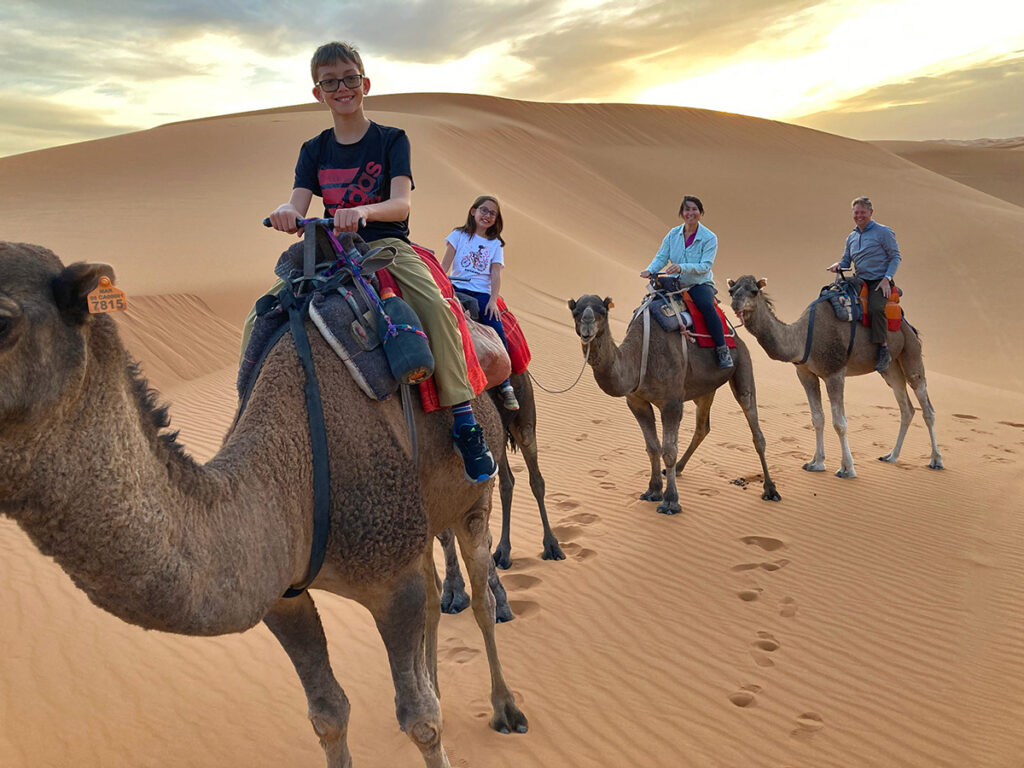This week’s post from the Gamel family’s yearlong journey around the world, written by Noemi Gamel, with photography by Chris Gamel:

While traveling through Peru and Bolivia, I have experienced some comical results using my native Mexican Spanish in South America. Just as my British friends look at me quizzically when I say “y’all” and I do not understand them when they say “lorry” instead of truck, I am finding that different colloquialisms can cause confusion in Spanish.
When we first arrived in Lima, Peru to start our Round the World trip, I went to a small Mercado (market) to find dinner items. I found tomatoes, bananas, bread, and cheese. In Spanish, I asked the woman if she had “aguacates” or avocados. She looked at me as if I had asked for chilled monkey brains. I described the avocado as a black vegetable with a “hueso” (which literally translates to bone) or large seed inside. She said she did not know what I was talking about.
I panicked at the notion that we would not eat avocadoes for 5 weeks while in Peru. My panic struck further when I thought that maybe there were no avocadoes in South America! The horror!
At a restaurant the next day, I found out that avocados are called “paltas” in South America and that they are green, not black. I also found out that the large seed inside is called a “pepa” or “semilla.” I can only imagine what that poor woman at the market in Lima thought about the crazy Mexican-American asking about a black vegetable with a bone inside!
I also found out that “ya” means “yes” or “certainly”. In my native Mexican Spanish, “ya” translates to “be quiet” or “stop it”. It is not a nice phrase. I was jarred by how often Peruvians and Bolivians say “ya” until I realized it was a positive, friendly term.
The lesson learned? Not all Spanish is created equal. And don’t punch the waiter when he says “ya” in Peru or Bolivia.
In future blog posts, I will list some useful Spanish phrases to know when traveling through Latin America, except Brazil of course, where they try to confuse you by speaking Portuguese.
Have you ever had a comical experience due to a misunderstanding withregional language? Share it with us in the comments below!


